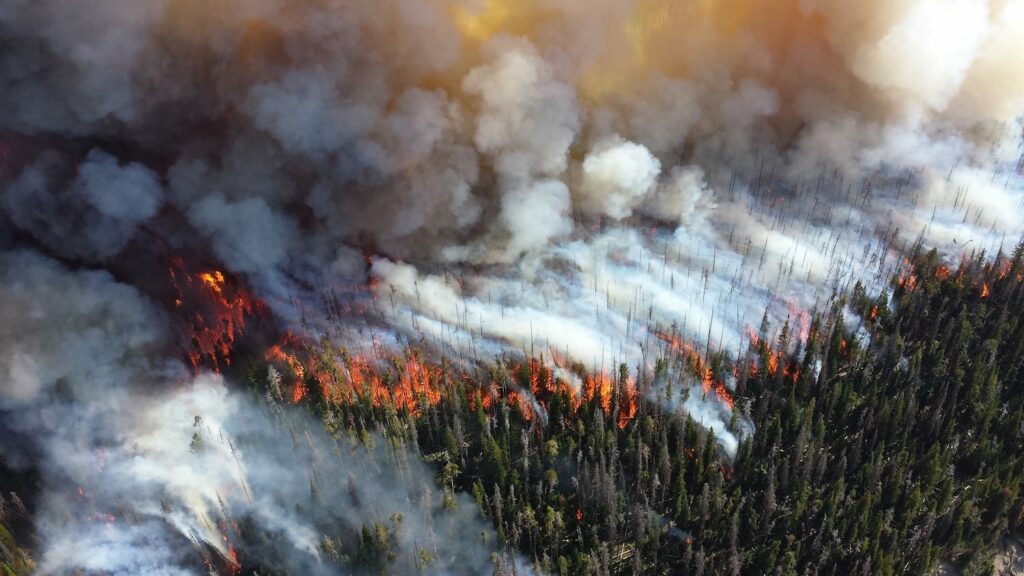From the CO2Science Archive: Introducing their study of a somewhat unusual subject, Meigs et al. (2016) write that “in western North America, recent widespread insect outbreaks and wildfires have sparked acute concerns about potential insect-fire interactions,” noting that “although previous research shows that insect activity typically does not increase wildfire likelihood, key uncertainties remain regarding insect effects on wildfire severity.” Hoping to resolve some of these key uncertainties, the five U.S. researchers developed “a regional census of large wildfire severity following outbreaks of two prevalent bark beetle and defoliator species – mountain pine beetle (Dendroctonus ponderosae) and western spruce budworm (Choristoneura freemani) – across the U.S. Pacific Northwest.” And what did they learn by so doing?
Paper reviewed: Meigs, G.W., Zald, H.S.J., Campbell, J.L., Keeton, W.S. and Kennedy, R.E. 2016. Do insect outbreaks reduce the severity of subsequent forest fires? Environmental Research Letters 11: 10.1088/1748-9326/11/4/045008.
Meigs et al. report that “in contrast to common assumptions of positive feedbacks, we find that insects generally reduce the severity of subsequent wildfires,” noting that “specific effects vary with insect type and timing,” but that “both insects decrease the abundance of live vegetation susceptible to wildfire at multiple time lags,” so that “by dampening subsequent burn severity, native insects could buffer rather than exacerbate fire regime changes expected due to land use and climate change.” And in light of these findings, they say they recommend “a precautionary approach when designing and implementing forest management policies intended to reduce wildfire hazard and increase resilience to global change.”


